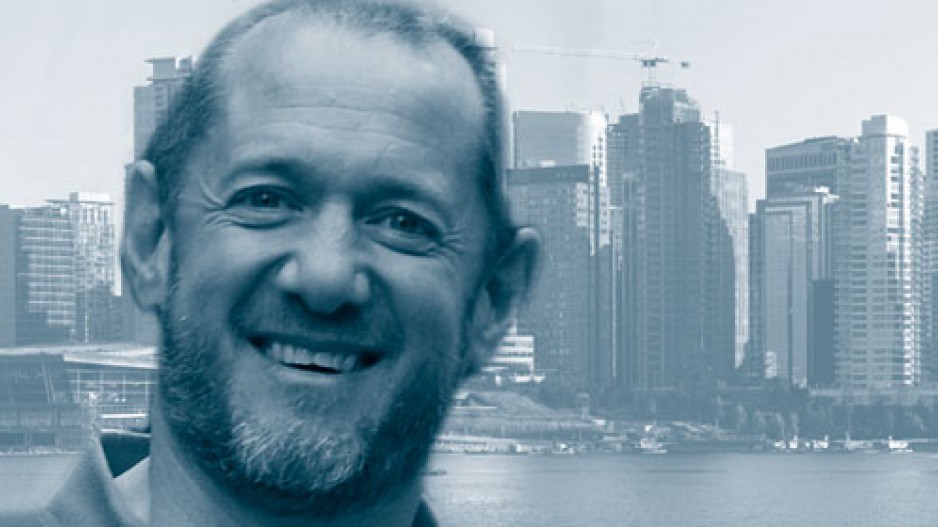Brexit negotiations
As the next round of negotiations begins, whether or not the U.K. will remain part of the EU’s customs union is the key issue. Brexit’s key issues come and go almost as quickly as headlines. But as key issues come, this is fundamental, and it is particularly fundamental to the U.K.’s trade and investment relationship with Canada. The U.K.’s secretary of state for leaving the EU, MP David Davis, said, “There’s no doubt about it. We are leaving the customs union.” At the same time, the government aims to ensure a soft border with the EU to facilitate trade with Europe – a balance that will be hard to strike. Either way, with a little over a year to go, what happens during a transition period, as well as the long-term nature of the EU-U.K. commercial relationship, remains unclear.
U.K. economy
Having led the G7 pack in GDP growth in 2016, the U.K. has fallen back through 2017. It’s widely suggested this is in part connected to a Brexit-related pause in investment. In a BBC interview Bank of England governor Mark Carney suggested a slowdown could be temporary: “There is the prospect this year, as there is greater clarity about the relationship with Europe and subsequently with the rest of the world, for a … conscious recoupling of the U.K. economy with the global economy.”
The big Carillion question
The announcement that Carillion PLC U.K. entered liquidation was, foremost, a tragedy for those who will lose their jobs and for the subcontractors who serviced Carillion contracts. Yet in the same way Brexit raised questions about not only the U.K.’s place in Europe but also its own identity, this raised deeper questions about the nature of government outsourcing and its relationship with the private sector. Those who opposed the growing role of business in the provision of public services have taken this as a “told you so” moment. Yet how these questions are resolved in future policy will be critical, not only to businesses everywhere, but to the sustainability and quality of public services.
Crossing the Atlantic
•Gaming: B.C.’s reputation as a centre for excellence in game development spread further in the U.K. Ten companies joined Pocket Gamer Connects in London (www.pgconnects.com) supported by BC Trade and Investment and the Vancouver Economic Commission, including a reception with potential partners and investors.
•Green build: The Canada Green Building Council brought a delegation to Amsterdam and Vienna, including three B.C. companies, to look at opportunities around energy efficiency and modular building. This included opportunities to export products and expertise to Europe as well as adoption of European techniques and partnerships.
•Agri-food: The world’s largest fruit trade show, Fruit Logistica (www.fruitlogistica.de/en), is in Berlin this month. Eight companies and associations from B.C. are central to a wider Canadian mission, which provides an opportunity to promote new and popular fruit varieties, including cherries, blueberries and apples.
•ICT: 18 B.C. companies are scheduled to be among the Canadian businesses at Mobile World Congress (MWC) 2018 in Barcelona later this month (www.mobileworldcongress.com). MWC is the world’s largest event for the mobile industry. The B.C. companies will be supported by ICT West and BC Trade and Investment.
•Clean tech: Globe Vancouver (www.globeseries.com/forum) is on the near horizon (March 14-16). European businesses are due to attend, including from the U.K., aiming to connect with B.C. and international markets. The forum is also a chance for B.C.’s domestic clean-tech industry to pitch solutions to European and other majors and source investment. •
Rupert Potter is a U.K.-based writer, speaker and diplomat who has worked in Jordan, Bahrain, Sweden and Canada. His career has included work with the U.K. government. He currently runs an independent consultancy.




